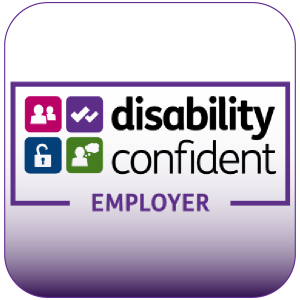Whilst for most sectors recruitment is either on hold or for ‘essential’ hires only at this time, for others COVID-19 has created a huge surge in activity driven by the need to a) keep frontline services running so that our brilliant NHS and Care sector can support the sick and vulnerable, and b) the need to keep those of us in lockdown fed, occupied and entertained as we do our bit to flatten the curve.
These peaks in recruitment activity put increased pressure on internal teams which, as a result, will see an increase in the use of recruitment providers to support campaigns.
Given the likely reliance placed on this recruitment supply chain over a potentially prolonged period until normality is resumed, it is important that you take steps to ensure its resilience and that your business is not unnecessarily exposed to even further risk.
Ensuring recruitment supply chain resilience
-
Identify where your resourcing risks lie and align with your business-critical recruitment providers.
-
Check how their business is being impacted by the disruptions including any impacts they are feeling from their own suppliers.
-
Review your SLAs with these providers – are they fit for purpose given the current situation. If not, re-set as required to ensure that the service is effectively delivered to the business and that value for money is achieved.
-
Confirm their Business Continuity Plans – be crystal clear on how they are going to maintain their service to you, including:
-
Staffing levels in the event of sickness, core skills covered and contingency planning
-
Access to critical systems – maintaining crucial GDPR and Infosec integrity
-
Financial stability during any prolonged period (e.g. impact of cashflow particularly for the supply of contingent workers) so that there are no surprises down the line
-
-
If there are gaps in your supply chain or a lack of cover that may leave you short of the skills required, quickly identify additional recruitment providers that may be able to fill these gaps. Conduct the same due diligence to off-set any risk to supply and reputational damage.
-
Establish partnerships which maximise added value during a difficult period:
-
Don’t be afraid to ask providers if they can offer additional support to alleviate the burden on your internal teams e.g. support with re-deployment activities or time-consuming recruitment administration
-
Don’t lose sight of your culture and your role in supporting your supply chain as well as protecting your own business operations. If there is an opportunity to support them that doesn’t adversely affect your business, or is of mutual benefit, such as helping to address internal skills gaps/absence levels, make the most of it
-
-
Don’t take for granted that everything is ok. Check in regularly with your providers and be ready to act where necessary.
-
Make sure that over the coming months you collate learnings from your providers and factor them into any future workforce planning activities so that (in the likely event of future outbreaks) you can respond and mobilise rapidly.




